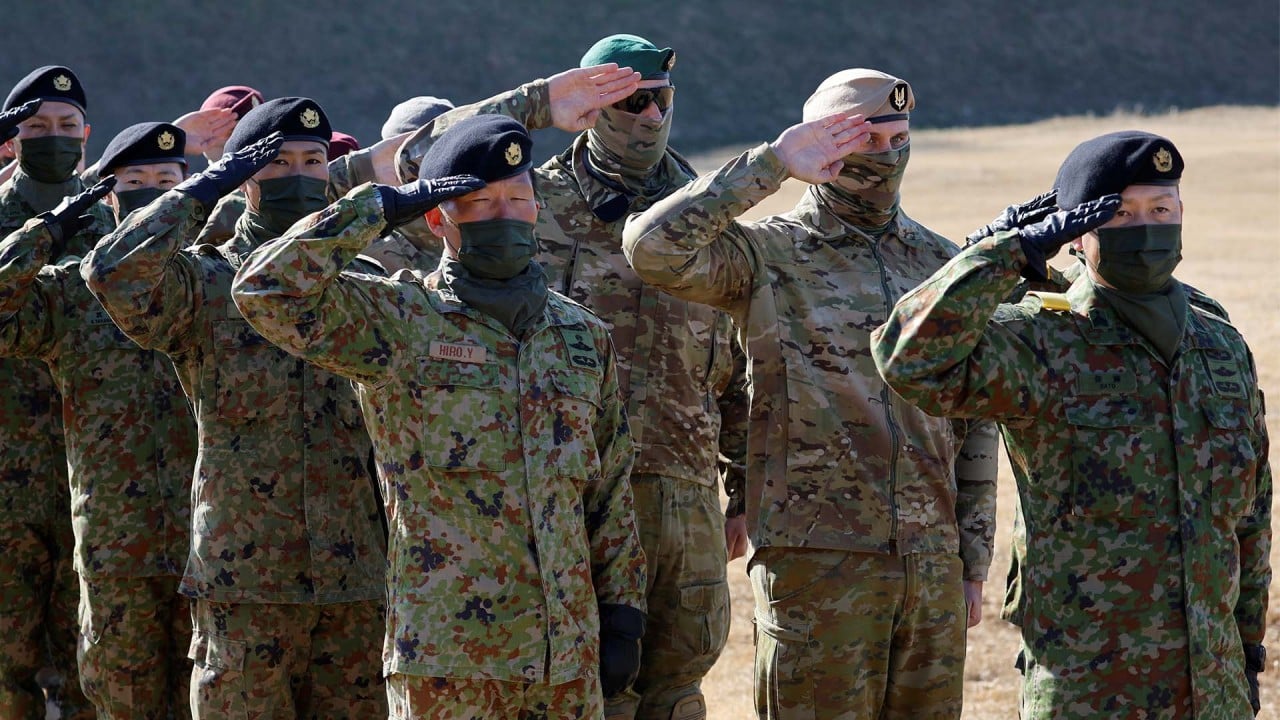
Britain and Japan to sign major defence pact as UK expands focus on Indo-Pacific
- Reciprocal access agreement would make it easier for the two nations to engage in military exercises, deploy troops
- Britain seeking to build its influence in Indo-Pacific region as a check on China’s ambitions
“In this increasingly competitive world, it is more important than ever that democratic societies continue to stand shoulder to shoulder as we navigate the unprecedented global challenges of our time,” Sunak said in comments ahead of the ceremony.
Britain is the first European country to reach such an agreement with Japan, and British officials have described it as the most important defence pact between the two nations since 1902.
The agreement is the latest in a series of cooperative security efforts between the two countries.
Last year, Britain agreed to develop the next generation of jet fighters with Japan and Italy. In December, the two countries unveiled a digital partnership to strengthen their cooperation in areas including cyber resilience, online safety and semiconductors.
The pact with Japan also comes as Britain seeks to deepen its ties in the Indo-Pacific region, in part as a check on China.
Britain eyes deeper relationships with Asia, world: Foreign Secretary
During his visit, Kishida and Sunak also are expected to discuss trade, Japan’s current presidency of the Group of Seven and the need to continue to provide support to Ukraine following Russia’s invasion last year.
In addition to Britain, Kishida is visiting leaders in France, Italy, Canada and the US as part of a weeklong series of meetings with other G7 members.


